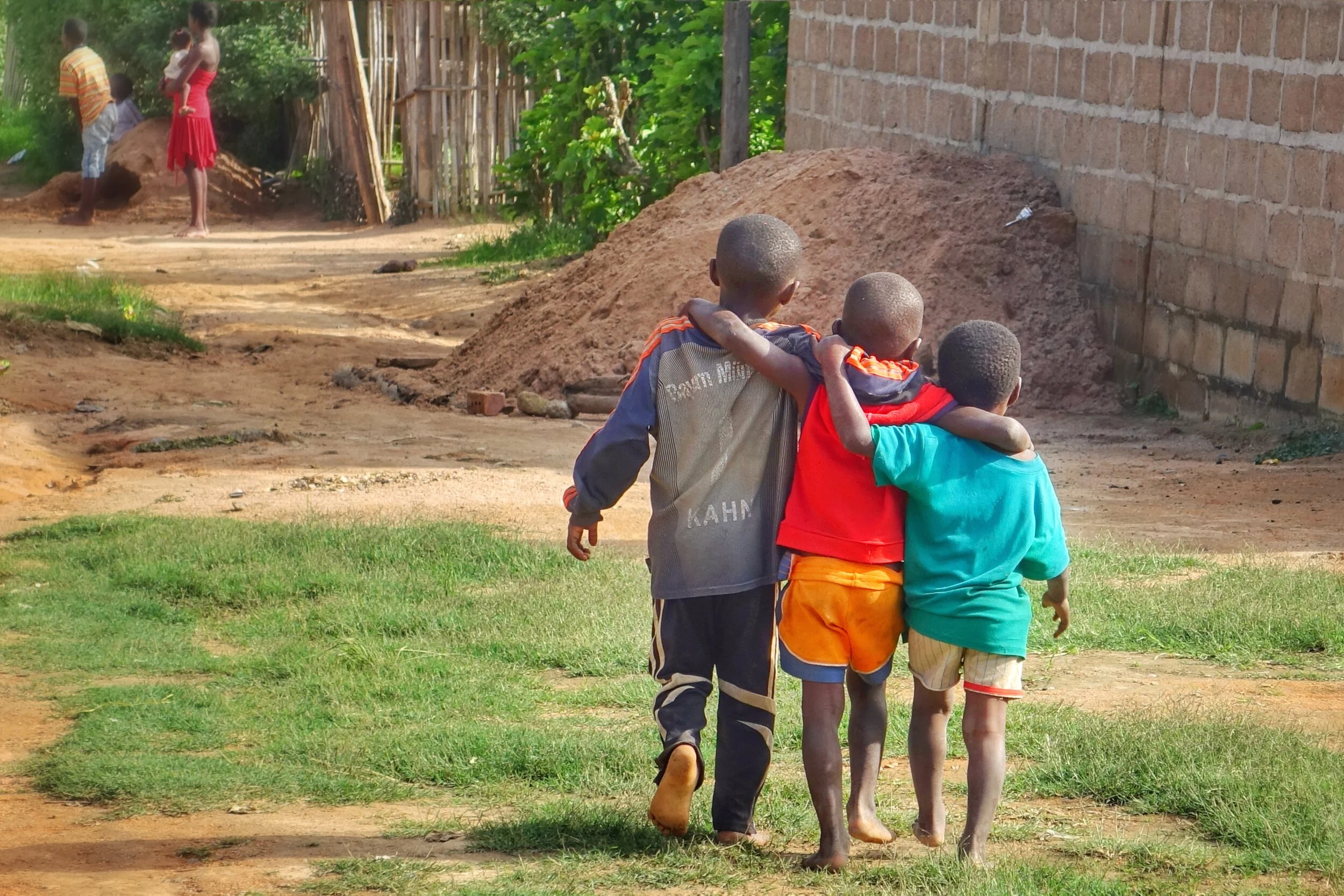DRC Wasaidizi volunteer, Joyce, weighing baby and providing post-natal counseling with mother.
Every year on April 7, World Health Day brings global attention to a pressing health issue. In 2025, the World Health Organization (WHO) is launching a year-long campaign focused on maternal and newborn health under the theme “Healthy Beginnings, Hopeful Futures.” The goal is urgent and clear: to end preventable maternal and newborn deaths and to prioritize the long-term well-being of women everywhere.
At HealthEd Connect, these goals are aligned with our mission. Every day, our trained community health volunteers—many of them women leaders in their communities—ensure that mothers and babies not only survive, but thrive.
From prenatal checkups to postpartum care, infant growth monitoring, nutrition counseling, and sanitation education, our volunteers are equipped to provide care in some of the most underserved areas. As trusted advocates, they also serve as vital links between families and formal health systems.
In the Democratic Republic of Congo, where maternal mortality remains alarmingly high, our Wasaidizi community health volunteers are making a life-saving difference. Trained by local medical professionals as traditional birth attendants, these volunteers provide skilled care before, during, and after childbirth. Their training emphasizes how to spot high-risk pregnancies early and safely refer mothers to hospitals when needed—a simple but essential step that can mean the difference between life and death.
This work is critical. According to the WHO, nearly 300,000 women die from pregnancy- and childbirth-related causes each year. Over 2 million babies die within their first month, and another 2 million are stillborn. That’s one preventable loss every seven seconds.
But hope is rising.
In 2024 alone, our community health partners in four countries:
Safely delivered 3,473 babies while keeping mothers healthy
Immunized 26,034 infants and children against preventable diseases
Monitored the growth and development of 147,548 children from birth to five years
These numbers represent lives protected, futures made possible, and communities strengthened.
As we recognize World Health Day 2025, we reaffirm our commitment to investing in the health and well-being of women and children. Because healthy mothers and babies are the heartbeat of thriving communities.
Let’s work together for healthy beginnings and hopeful futures for all.
DRC Wasaidizi volunteer, Nathalie, dressed for traditional birth attendant training at local health clinic.




